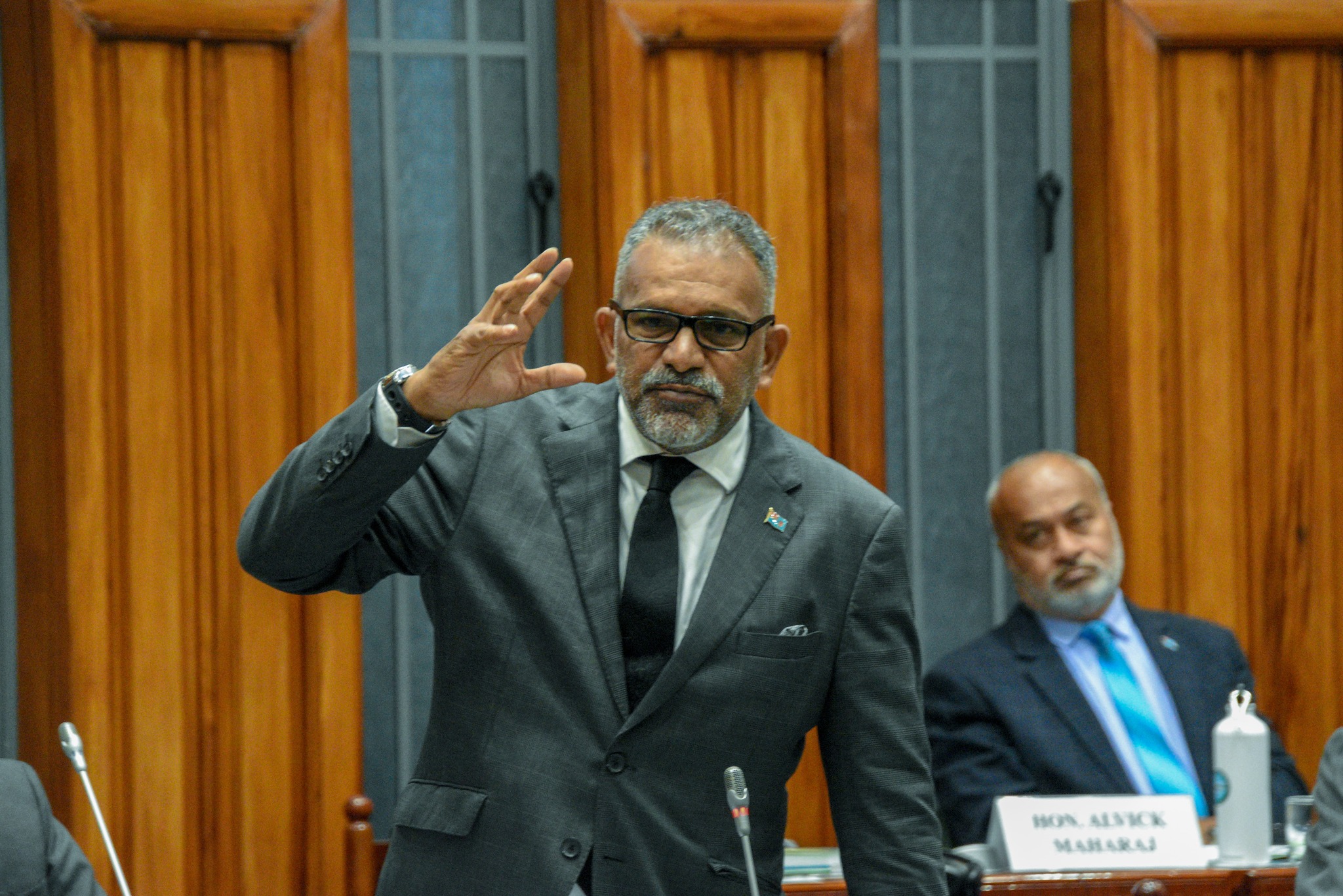Fiji’s Parliament has unanimously endorsed the ratification of the World Trade Organisation’s fisheries subsidies agreement – in a historical bi-partisan move rarely seen in the Pacific nation.
The agreement will enter into force once two-thirds of the WTO’s 164 members have ratified it.
Fiji’s former Trade Minister and Opposition MP, Faiyaz Koya told Parliament the ratification reflects commitment and leadership by Fiji to ensure the agreement enters into force.
“The plan by the government to get the ratification quickly and deposit acceptance instrument in October 2023, is very historical for Fiji. It’s the leadership we need to complete the process, said Koya.
Supported by Ministers from six other WTO Pacific members, Koya led and influenced the outcome of the negotiations in Geneva in June 2022 that resulted in the partial agreement that prohibits subsidy payments by nations to commercial fishing operators.
He told Parliament in Suva Tuesday that Fiji stands tall for its part in influencing the final outcome of the 12 Ministerial Meeting (MC12) that convince developed nations to enforce the fisheries agreement.
“The Pacific voices were heard and visible in shaping the “partial agreement” on fisheries subsidies when it was reached during the early hours of Friday 17 June, two days after MC12 was scheduled to end, said Koya.
Having a partial agreement is still a major achievement in having an agreement on disciplining fisheries subsidies. This partial agreement allows us a foot in the door, and with the sunset clause, we are ensuring that the door on disciplining harmful subsidies does not close,” Koya reportedly said in June 2022 at the conclusion of the negotiations.
Currently developed countries are paying USD$21 billion to subsidise commercial fishing fleets enabling illegal, overfishing and depletion of fish stocks.
“The WTO agreement on fisheries subsidies will also ensure we get better prices for our fish in the international market. Currently the pries are suppressed because of the global subsidies given to big fishing fleets, said Koya.
The issue of fisheries subsidies has divided countries for more than two decades, and the agreement is seen as a major step forward for the sustainable use of marine resources. It prohibits subsidies for illegal, unreported and unregulated marine wild capture fishing, as well as for fishing on overfished stocks and for fishing on the unregulated high seas.
Fijian Deputy Prime Minister, Biman Prasad said if the fisheries subsidies are not disciplined, it will contribute to overfishing, including illegal, unreported, and unregulated fisheries in our waters resulting in both environmental and economic harm and the irreversible depletion of fish stocks in the Pacific.
The global agreement on Fisheries Subsidies is the first WTO agreement that focuses on environmental sustainability. It establishes a set of binding prohibitions and rules that seek to ensure that the support provided by governments to their fishing sector does not undermine the sustainability of marine resources.
Fiji is expected to deposit its Acceptance Protocol next month. Last week, New Zealand was the first member of the Pacific Islands Forum to deposit its ratification protocol – becoming one of the 17 WTO members that have done so.
According to the WTO Agreement, a Member formally accepts the Protocol by depositing what is referred to as an “instrument of acceptance” for the Protocol with the WTO.
SOURCE: PACNEWS














